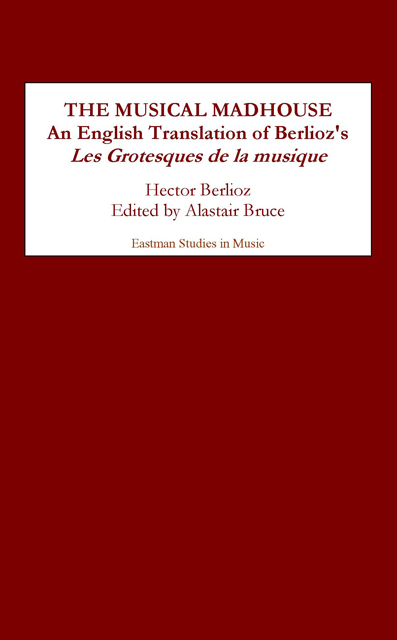The rough and the smooth
Published online by Cambridge University Press: 21 March 2023
Summary
In the last century there was a much-loved singer who is completely unknown today. Her name was Tonelli. Was she one of those ephemeral immortals, the scourge of music and musicians, who rejoice in the title of prima donna or diva and throw opera houses into complete disarray, until some composer or conductor of true steel sets his face against their pretensions and without effort or violence puts an end to their divinity? I think not. On the contrary, to judge from what Rousseau and Diderot had to say about her, she seems to have been a gracious and unspoilt young Italian girl, with sweet manners and a voice of such charm that, on hearing her in those mewling little operas known as opere buffe, the connoisseurs of those days imagined they were savouring heavenly strains of superb music with exquisite melodies.
Oh, what splendid, worthy fellows they were, the connoisseurs of that philosophical age, writing about music without any trace of feeling for it, without even rudimentary knowledge of what it is or how it is put together! I’ll make an exception for Rousseau, who did have some rudimentary knowledge. And yet it’s astonishing what crazy ideas that great writer has put into circulation, giving them even today an authority which no commonsense axiom will ever have!
Of course it’s a great convenience to find ready-made opinions on art or science bearing the signature of an illustrious name. You can use them like cheques of unquestionable reliability. O you philosophes! You great buffoons! To return to Tonelli, just recall the excitement aroused in Paris by the ‘buffoons’ of the Italian opera during her reign. To judge from the ecstatic accounts of their supporters, and the rough treatment these aficionados handed out to a great French master, Rameau, you’d suppose, wouldn’t you, that the works of Italian composers of that time, and of Pergolesi above all, were brimming with musical vitality and overflowing with melodic milk and honey, that their harmony was heavenly and their forms of classic beauty? I’ve just been rereading La Serva Padrona, and I can tell you this isn’t the case at all—although you won’t believe me anyway.
- Type
- Chapter
- Information
- The Musical MadhouseAn English Translation of Berlioz's <i>Les Grotesques de la musique</i>, pp. 150 - 151Publisher: Boydell & BrewerPrint publication year: 2003

